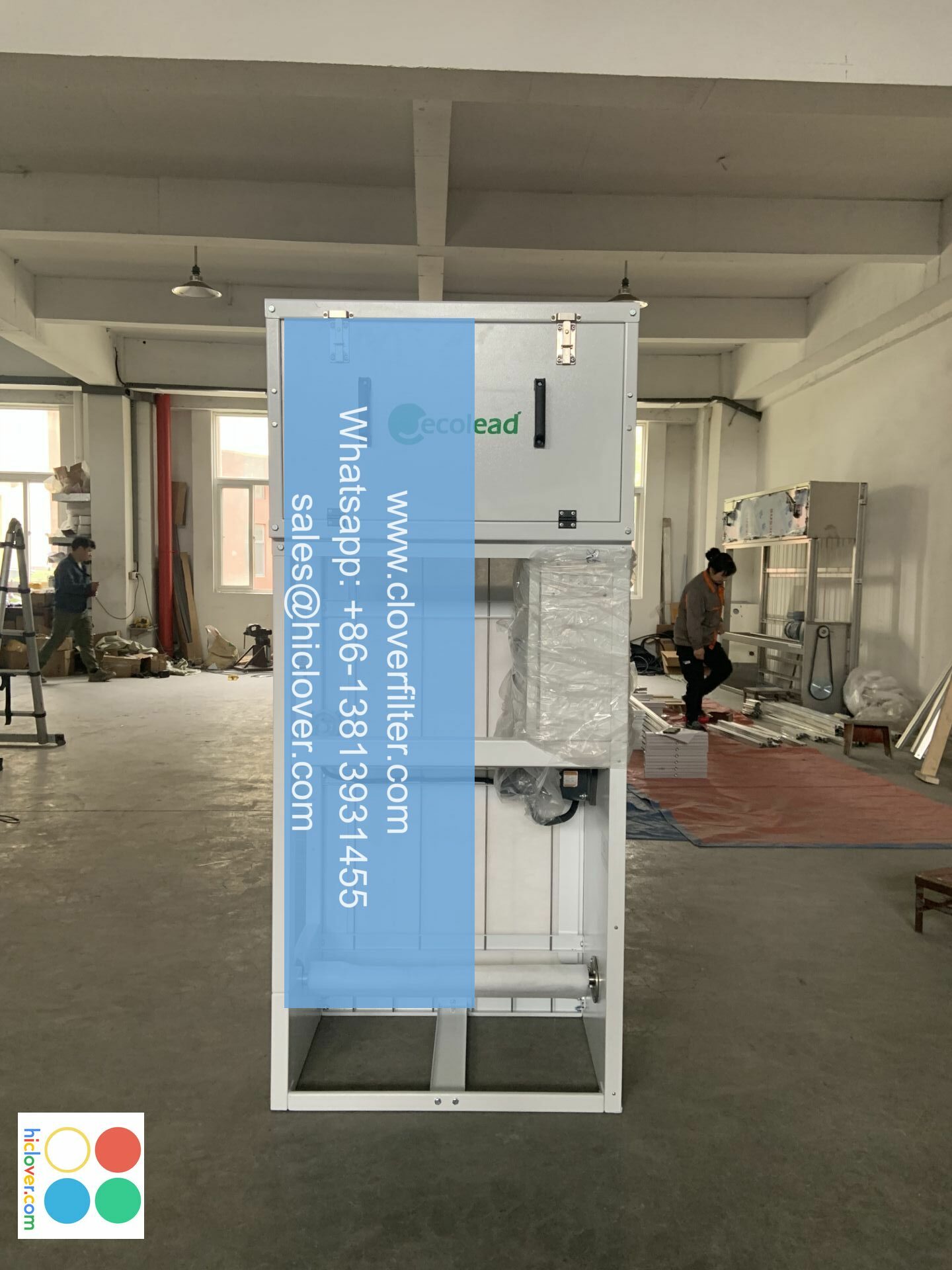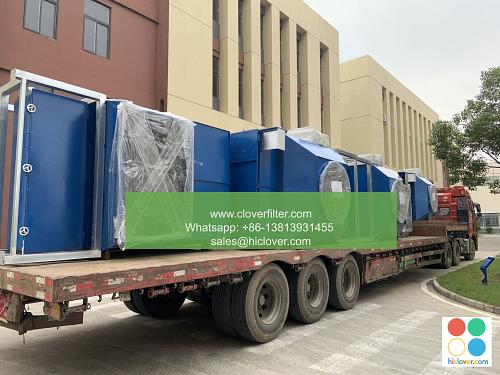Air Filter Track Order Technical Guide: A Guide to Indoor Air Quality Standards

As the world becomes increasingly aware of the importance of indoor air quality, the demand for high-quality air filters has never been higher. In this article, we will delve into the world of air filtration, exploring the various standards and regulations that govern indoor air quality. We will also discuss the different types of air filters available, their applications, and the benefits of using high-efficiency air filters in various settings.
Introduction to Indoor Air Quality Standards
Indoor air quality (IAQ) refers to the air quality within buildings and other enclosed spaces. The quality of indoor air is affected by a range of factors, including the presence of pollutants, humidity levels, and ventilation rates. To ensure good indoor air quality, it is essential to use high-quality air filters that can effectively remove pollutants and particulate matter from the air.
Air Filter Classification and Standards
Air filters are classified based on their ability to remove particles of different sizes from the air. The most common classification system is the MERV (Minimum Efficiency Reporting Value) system, which rates filters from 1 to 20 based on their efficiency. MERV 1-4 filters are designed for residential use, while MERV 5-8 filters are suitable for commercial applications. For industrial and healthcare settings, MERV 9-12 filters are recommended, while MERV 13-16 filters are used in critical applications such as hospitals and cleanrooms.
HEPA and ULPA Filters: High-Efficiency Air Filtration
High-Efficiency Particulate Air (HEPA) filters and Ultra-Low Penetration Air (ULPA) filters are designed to remove 99.97% and 99.999% of particles, respectively, that are 0.3 microns in size. These filters are used in applications where ultra-clean air is required, such as in hospitals, cleanrooms, and pharmaceutical manufacturing facilities. HEPA filters are also used in residential air purification systems, commercial HVAC systems, and industrial air cleaning systems.
Applications of Air Filters in Various Industries
Air filters have a wide range of applications across various industries, including:
* Residential air purification: Air filters are used in residential HVAC systems to remove pollutants and allergens from the air.
* Commercial HVAC systems: Air filters are used in commercial buildings to improve indoor air quality and reduce energy consumption.
* Industrial air cleaning: Air filters are used in industrial settings to remove pollutants and particulate matter from the air.
* Healthcare facilities: Air filters are used in hospitals and healthcare facilities to provide ultra-clean air and prevent the spread of infections.
* Pharmaceutical manufacturing: Air filters are used in pharmaceutical manufacturing facilities to provide clean air and prevent contamination.
Benefits of Using High-Efficiency Air Filters
The use of high-efficiency air filters has numerous benefits, including:
* Improved indoor air quality: High-efficiency air filters can remove up to 99.97% of particles from the air, improving indoor air quality and reducing the risk of respiratory problems.
* Reduced energy consumption: High-efficiency air filters can help reduce energy consumption by improving the efficiency of HVAC systems.
* Increased system lifespan: High-efficiency air filters can help extend the lifespan of HVAC systems by reducing the amount of dust and debris that enters the system.
* Cost savings: High-efficiency air filters can help reduce costs associated with maintenance and repair of HVAC systems.
In conclusion, air filters play a critical role in maintaining good indoor air quality. By understanding the different types of air filters available, their applications, and the benefits of using high-efficiency air filters, individuals and organizations can make informed decisions about their indoor air quality needs. Whether it’s for residential air purification, commercial HVAC systems, or industrial air cleaning, high-efficiency air filters are an essential component of any indoor air quality system. It seems like you haven’t provided a specific prompt or question for me to address. Could you please provide more details or clarify what you would like to discuss? I’m here to help with any topic you’d like to explore.

